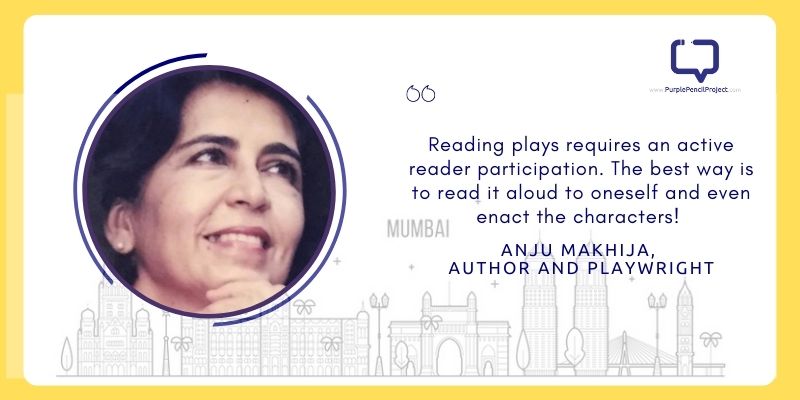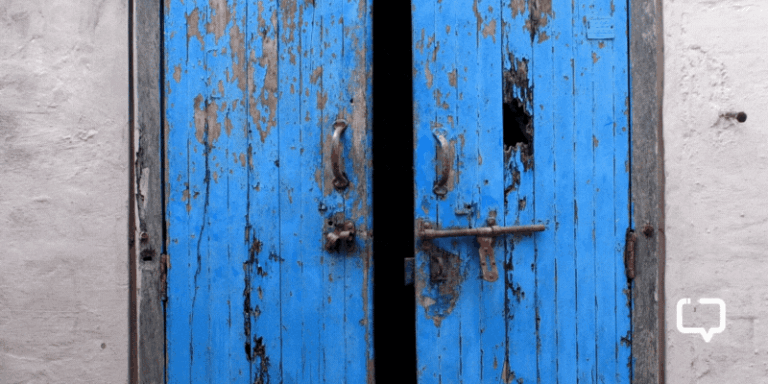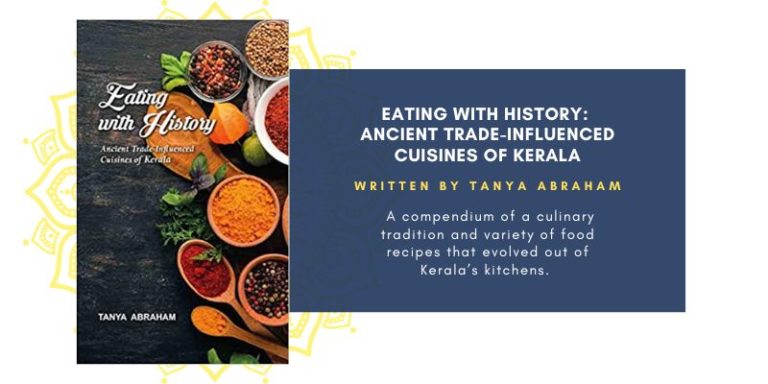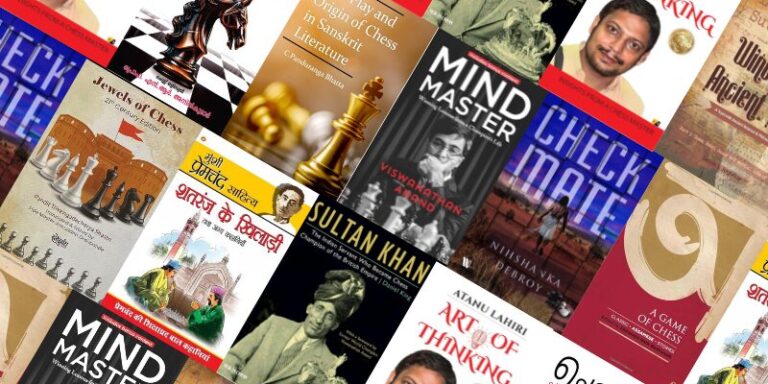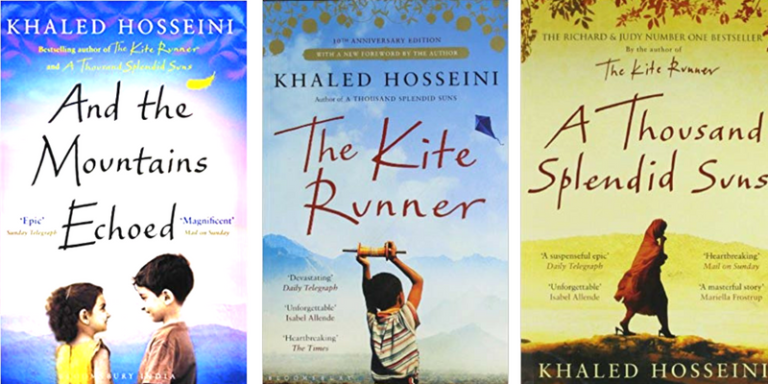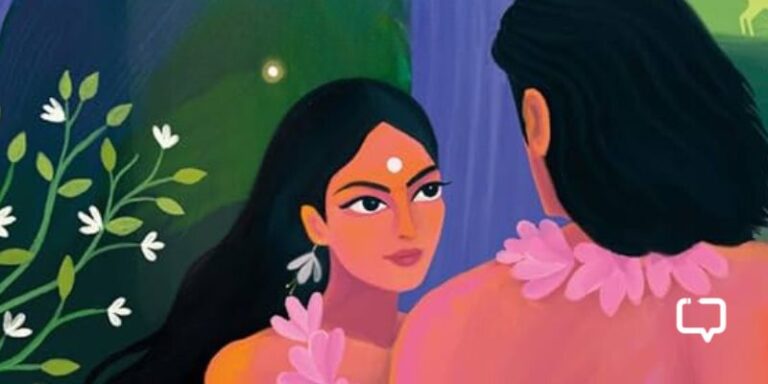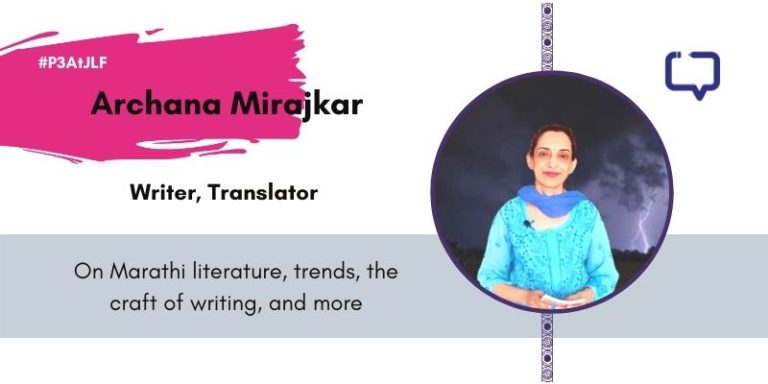Prakruti Maniar caught up with Sahitya-Akademi-winning author Anju Makhija, whose Mumbai Traps is a collection of plays, which help us “experience Mumbai, where glamour, greed, communalism, social and surreal situations depict life in a state of perpetual restlessness.” Excerpts.
How did Mumbai Traps come about? Why did you decide that it should be a play – instead of a story or a poem?
Anju Makhija: Mumbai Traps’ includes 6 plays written over a period of about 20 years. Since all the pieces are related to Mumbai, I decided to call the volume, ‘Mumbai Traps: collected plays’.
The short story format has never attracted me, but I have written poetry (3 published collections and 2 co-translations). Poetry is a natural medium for me – it usually ‘comes’ and is never a conscious effort. Plays are written more consciously and require considerable planning, structure, stage craft, etc.
We encourage you to buy books from a local bookstore. If that is not possible, please use the links on the page and support us. Thank you.
Reading plays is an uncommon habit. To new readers who may be used to prose or poetry formats, how can they approach reading a play?
Anju Makhija: Ideally, it’s best to see a play performed live on stage. Then, reading it becomes enjoyable and it’s easier to appreciate the drama. Having said that, a play can also be read like a short story. However, active reader participation will be required involving imagination: what do the characters look like? What is the setting? What is the time frame? To enhance appreciation of a play, one can read it aloud to oneself and even enact the characters!
In Mumbai Traps, the characters and settings are people and places from an everyday Mumbai experience – bankers and journalists stuck on a train, businessmen who have had journeys of their own, and even women or men who have migrated to Mumbai from their villages. Are there any specific memories of Mumbai that influenced the creation of these characters and the settings?
Anju Makhija: Yes, the characters and settings are taken from local trains, street corners, affluent South-Mumbai homes, local cafés, etc. There are also fantasy scenarios as in Meeting with Lord Yama, which is a play written in verse. The presentation formats also differ – for instance, Off the Hook is a musical with original songs.
As I have grown up and lived in Mumbai all my life, except for the 12 years spent in Montreal, Canada, there are plenty of memories of the city. I have also spent over a decade at a farm near Panvel, so rural characters are often a part of my work. There are many things that I personally don’t like about Mumbai, but it has always stimulated and influenced my writing. For many years, I also wrote a column about Mumbai’s culture for The Indian Express, Pioneer and Confluence (UK) – that gave me an insight into the city at different socio-economic levels.
The women characters in your plays defy pre-given notions of “good” or “bad” women – they come from all walks of life, and in their own way, leave a memorable presence in the plot. Would you say that your plays are feminist in that sense? Has there been a conscious choice in order to portray them as unconventional and non-conforming to patriarchal standards?
Anju Makhija: Here, I would like to quote Uma Narain, who has written the preface of the book: ‘Female characters in Mumbai Traps are not clichéd victims of social circumstances but go-getters and survivors. These characters are drawn from ‘every women’ living and breathing Mumbai air and are in turn impacted by it. After creating and putting the women in challenging situations, Anju does not espouse their cause simply because these characters do not allow her to battle for them – they develop their own grit. Anju creates both male and female characters with total impartiality – the fact that the women often outshine is purely by chance.’
In some of your plays, prose, poetry drives the dialogues, and in yet others, there is a mix of both. How challenging is it to compose dialogues using poetic elements? To extend that question to your career, how do you approach each craft and style of writing?
Anju Makhija: Writing dialogues is a challenging task in itself! Remember, since plays are staged, nothing can sound false. If it does, the audience will not accept it. Also there are different genres of plays – realistic, absurd etc – that too influence dramatic speech.
Dialogue, with poetic elements, cannot be used randomly. For example, in The Last Train, poetry is used mainly in an imaginary dream sequence. In Meeting with Lord Yama, since the whole play is in verse, rhythm becomes important so that the dialogue sounds natural when spoken by actors.
I started my career with poetry but have always been interested in theatre and audio – visual formats. I have written many scripts for television and other platforms, so theatre is a natural extension of my writing.
At one point or another within the story, in most of your plays, the protagonists question life and their role in it – whether they find themselves in these situations through choice or by chance (as is wont to happen in a city such as Mumbai). What are your own thoughts on existentialism and the absurd and how a city like Mumbai confronts us with it?
Anju Makhija: Very good question and one that is close to my heart. I think in Mumbai, our reality is absurd. Just look around: body parts have been cut and stuffed in garbage bags; people live in old, rusted pipes; local trains are often stalled at night and commuters have no clue of what’s happening. I have used all these absurd situations in my plays, often exaggerated them and sometimes created new ones.
Here, I would like to quote academic and theatre critic, Alok Bhalla: ‘Mumbai has become the example of a place where ersatz glamour, international gangsterism, drugs, religious fanaticism, local chauvinism, communal politics, sexual fantasies, careerist ambitions and success have come together to form a bizarre, surreal, and explosive mix.’ It’is this that all Mumbaikars have to confront!
You mention The Vagina Monologues, Waiting for Godot, Julius Ceaser, and even Shakespeare at many points in some of these plays. Would you like to say more about these literary influences and how they inform your writing, even ideas?
Anju Makhija: I think Shakespeare has influenced many poets and playwrights. As for The Vagina Monologues, it’s very experimental; however it has not had a direct influence on my work. My literary gurus have been Glyn Maxwell (British poet and playwright) and closer to home, Girish Karnad.

As part of our effort to compensate our writers better, we at Purple Pencil Project have launched the #PayTheWriter initiative, where readers can directly show support and appreciation for our wonderful team.
Scan or upload this image on your UPI app, and show them the love 😀







